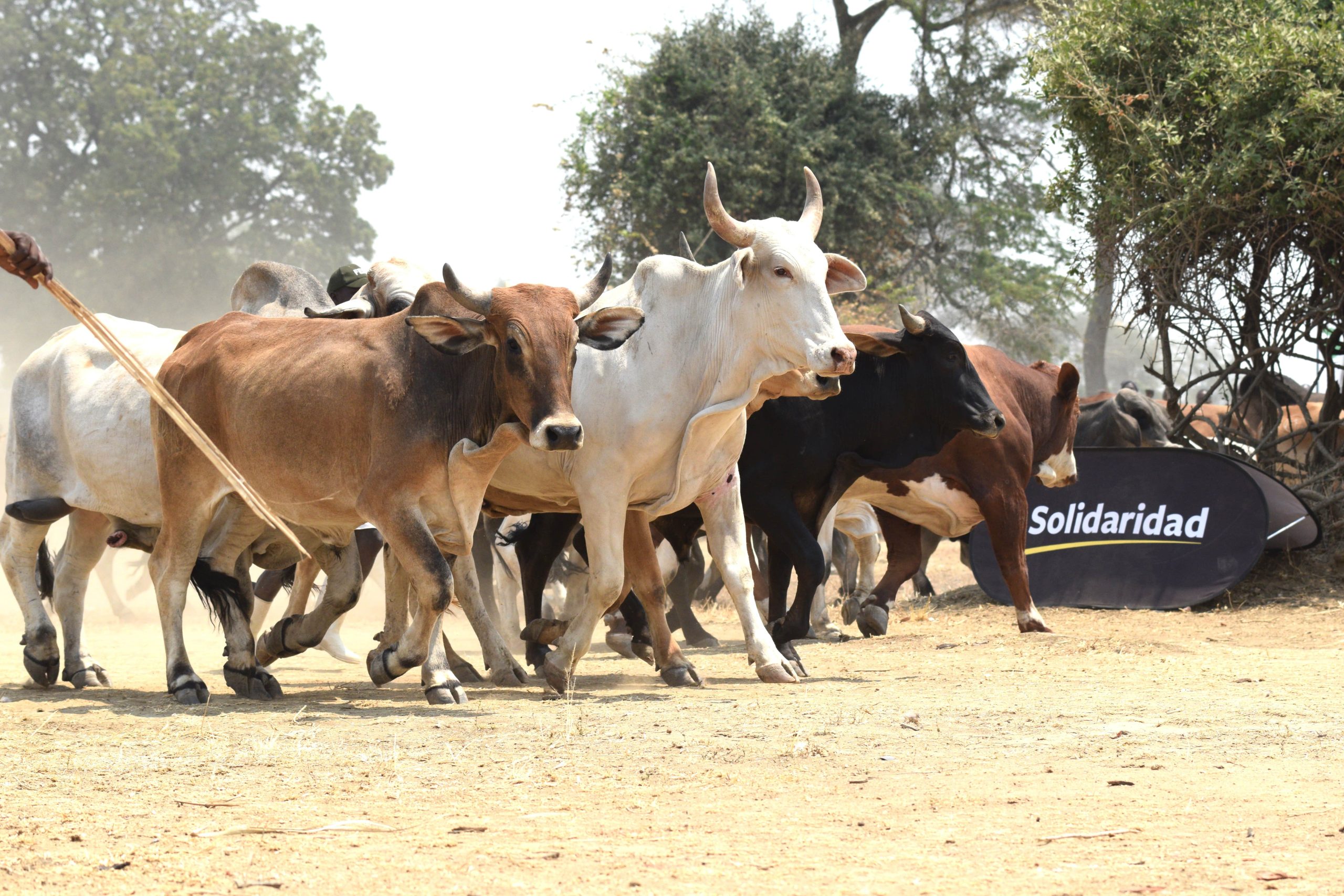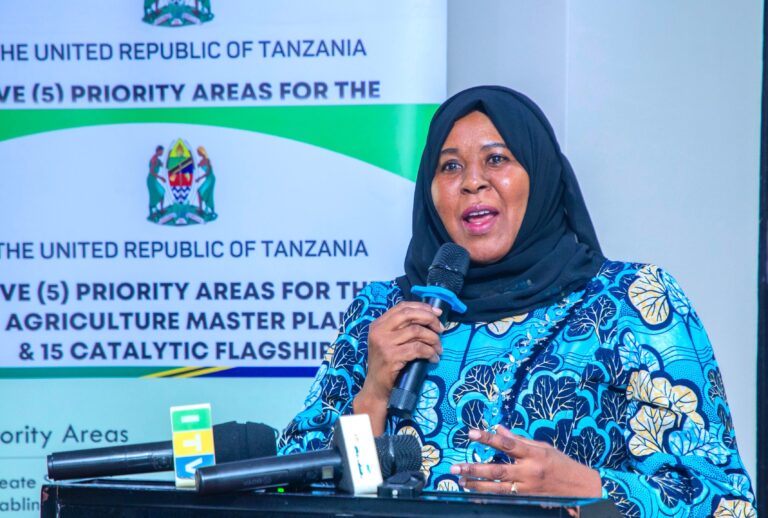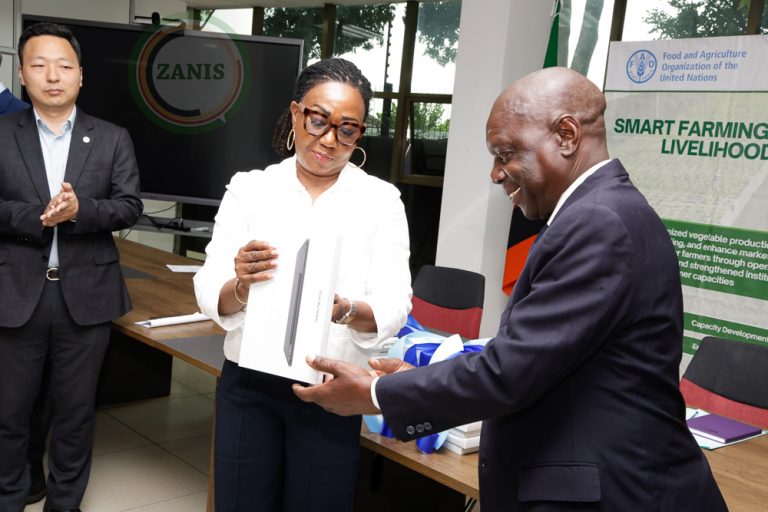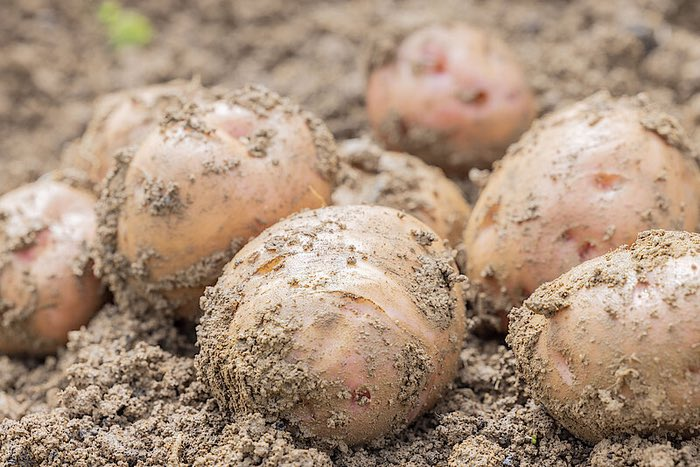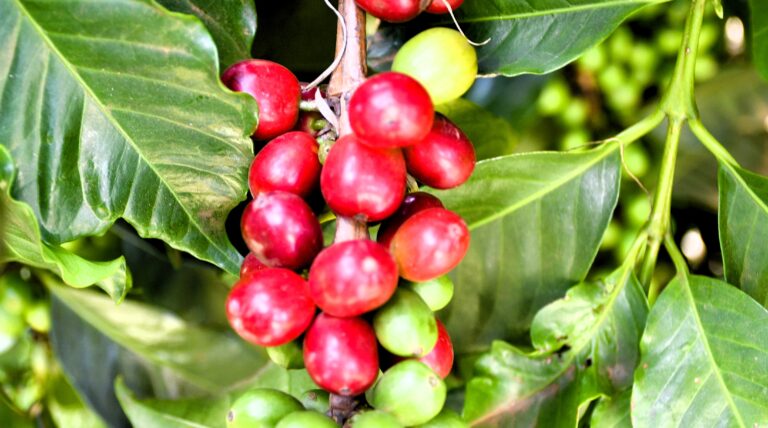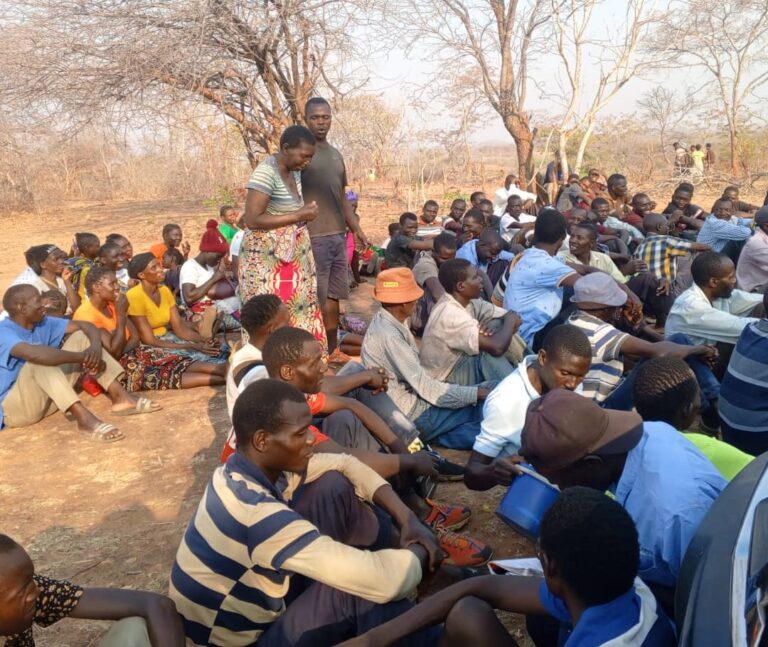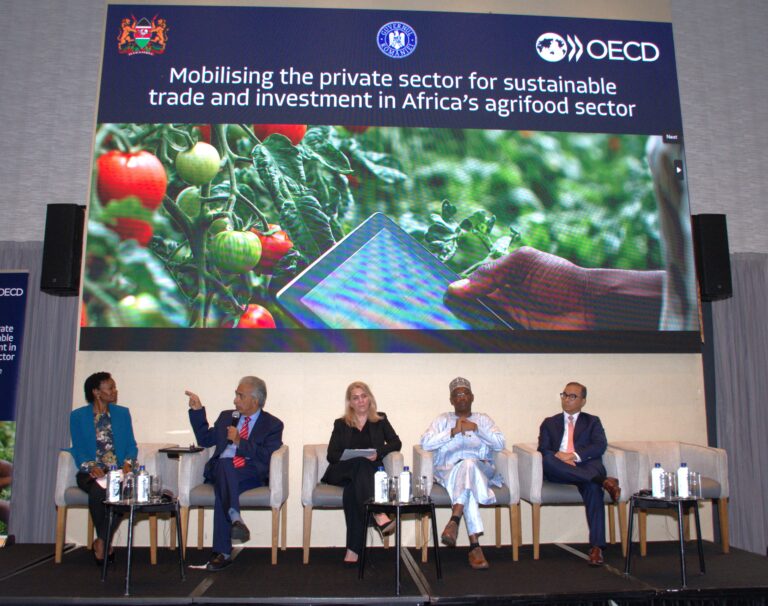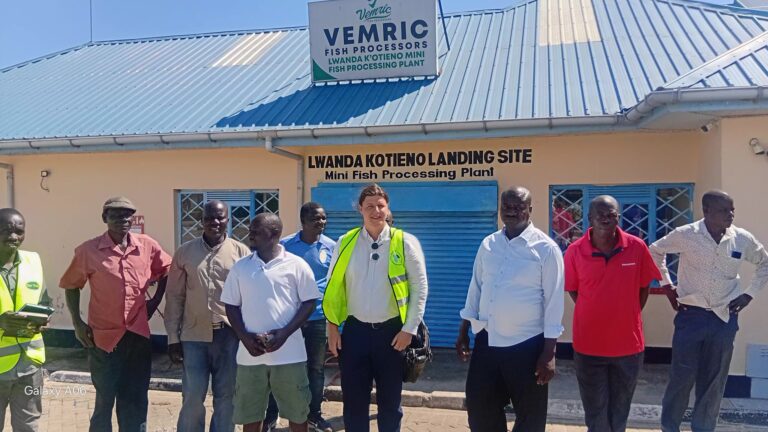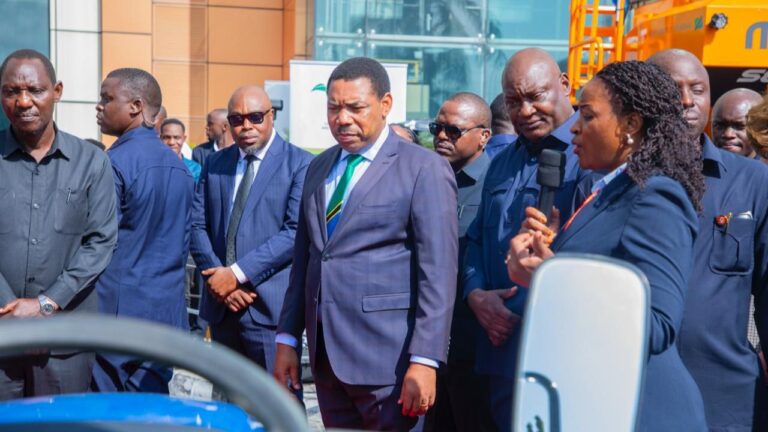By Kimuri Mwangi
As climate change intensifies, smallholder farmers in Southern Zambia face prolonged droughts threatening their livelihoods. With agriculture in Zambia largely dependent on rain-fed farming, the effects of climate change—rising temperatures, erratic rainfall, and soil degradation—severely impact smallholder farmers.
However, through innovative partnerships and sustainable farming practices, these farmers are not only adapting to climate challenges but also unlocking new economic opportunities.
Solidaridad, in collaboration with Planboo and Kvuno, is empowering farmers with climate-smart solutions that enhance agricultural productivity, improve soil health, and open up new income streams. These initiatives are transforming the lives of smallholder farmers while contributing to global carbon reduction goals.
One of the key innovations introduced by Solidaridad is the use of biochar—a soil amendment made from cotton stalks. Biochar improves moisture retention, enhances soil fertility, and helps crops withstand drought conditions. Through the RECLAIM Sustainability! (RS!) Cotton project and the Pathways to Prosperity (P2P) Cotton Farmers Initiative, over 2,000 farmers have adopted biochar, significantly increasing their cotton yields from 350 kg to 800 kg per hectare.
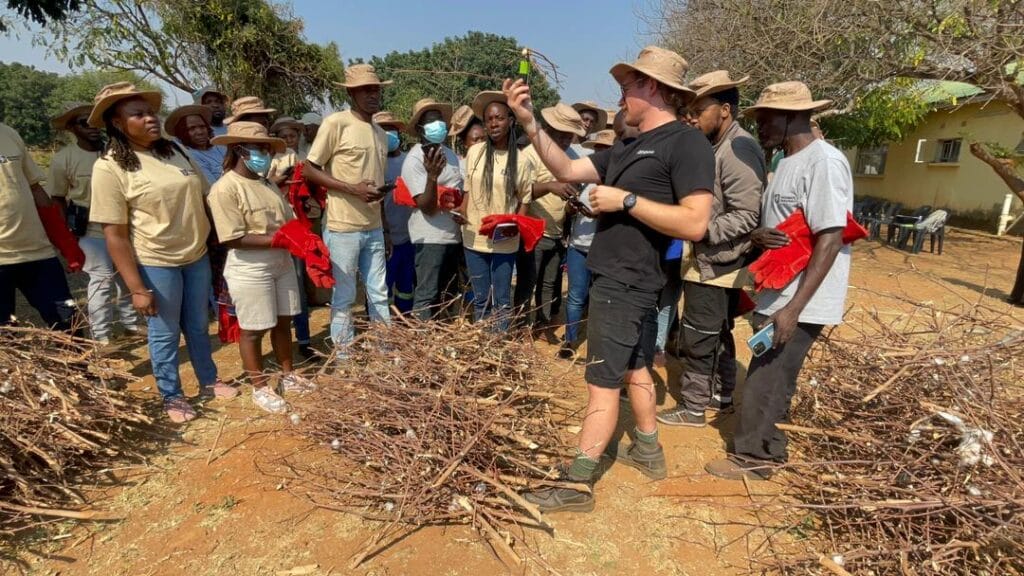
For farmers, this means higher productivity and better income. Farmers are also gaining access to carbon credit markets, creating an additional revenue stream. In the 2024-2025 farming season, 450 farmers are expected to earn income from carbon credits, providing much-needed financial security in the face of climate uncertainties.
“Biochar is a game-changer for smallholder farmers,” said Pamidzai Bota, Solidaridad Regional Programme Manager. “It not only improves soil health and boosts yields but also allows farmers to earn from carbon credits. This dual benefit strengthens their resilience and ensures long-term sustainability.”
Beyond crop farming, Solidaridad is supporting livestock farmers through the P2P Livestock Project. This initiative promotes rotational grazing, which prevents overgrazing, allows pastures to regenerate, and improves soil fertility. Healthier pastures lead to healthier livestock, reducing losses and increasing farmers’ income. Additionally, these practices contribute to lower carbon emissions, further enhancing the environmental benefits.
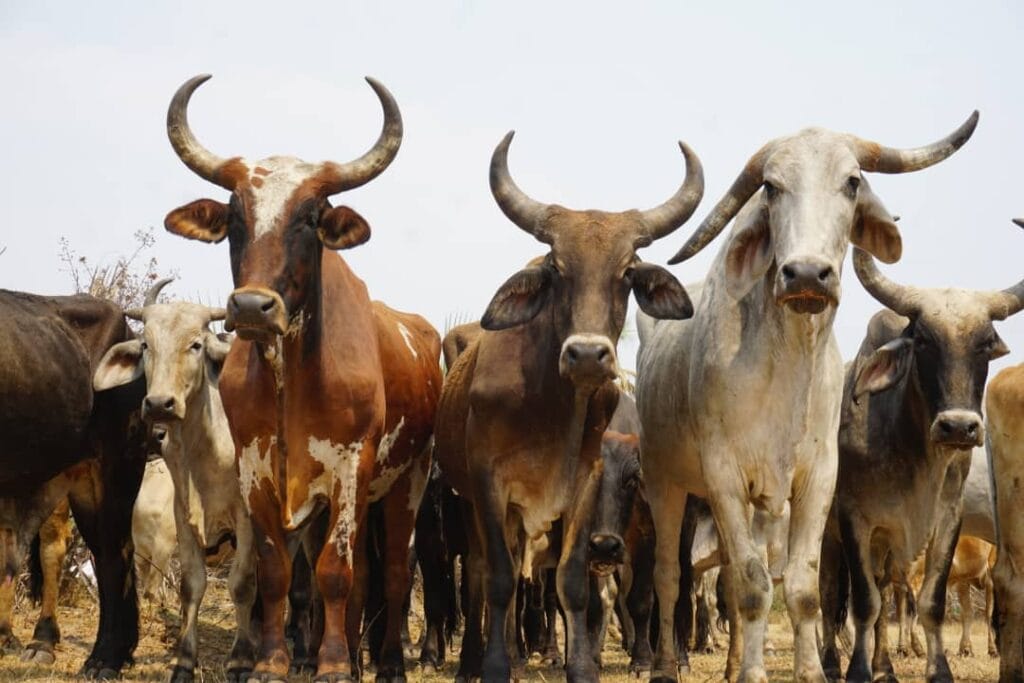
Smallholder farmers in Southern Zambia are proving that they can be at the forefront of climate action. By adopting sustainable practices like biochar use and rotational grazing, they are not only securing their futures but also contributing to global environmental goals.
“Farmers are not just victims of climate change; they are innovators and leaders in building resilience,” said Sheila Garakara, Solidaridad Country Manager for Zambia. “With the right support, they are ensuring food security, improving their livelihoods, and protecting the environment for generations to come.”

Solidaridad says that the initiatives demonstrate that smallholder farmers can thrive even in the face of climate change. By equipping them with the tools and knowledge to adopt sustainable practices, these programs are creating a pathway to prosperity for farmers in Southern Zambia. Through increased productivity, access to carbon markets, and healthier ecosystems, farmers are building resilience and securing a brighter future for themselves and their communities.


